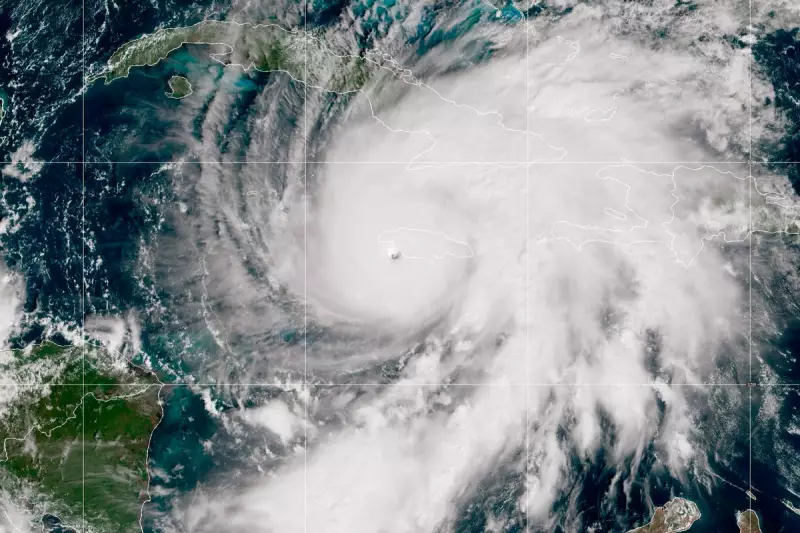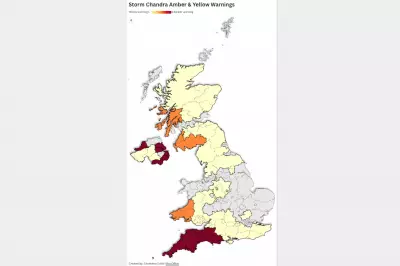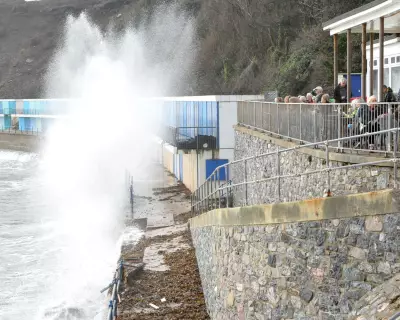
Jamaica is reeling from a catastrophic blow as Hurricane Beryl, a powerful Category 4 storm, made direct landfall on Wednesday, unleashing destructive winds and torrential rains across the Caribbean nation.
The hurricane's eyewall, packing sustained winds of 145 mph (230 km/h), battered the southern coastline, tearing roofs from buildings, uprooting trees, and causing widespread power outages. Emergency services have been inundated with calls as floodwaters rapidly rise in low-lying areas.
State of Emergency Declared
Prime Minister Andrew Holness has declared a national state of emergency, urging residents in vulnerable regions to evacuate immediately to designated shelters. 'This is not a storm to take lightly,' Holness stated in a televised address. 'We are facing a direct hit from a major hurricane. Please follow all evacuation orders.'
Meteorologists had been tracking Beryl's rapid intensification with growing alarm. The storm developed from a tropical depression to a major hurricane in under 48 hours, catching many off guard with its ferocity.
Widespread Damage and Power Outages
Early reports from Jamaica's southern parishes indicate significant structural damage. Coastal communities have borne the brunt of the storm surge, with several feet of seawater inundating streets and properties.
- Widespread power outages reported across multiple parishes
- Communication networks experiencing significant disruptions
- Major roads blocked by fallen trees and debris
- Emergency response teams operating under extremely dangerous conditions
The Norman Manley International Airport in Kingston has suspended all operations until further notice, while cruise lines have rerouted vessels away from Jamaican ports.
Regional Impact and Forecast
Hurricane Beryl's destructive path continues beyond Jamaica, with the Cayman Islands and Mexico's Yucatán Peninsula preparing for potential impact in the coming days. The National Hurricane Center has issued multiple warnings for the region.
This early-season major hurricane has set alarming precedents, marking one of the strongest storms ever recorded in the Atlantic during July. Climate scientists note that such intense early-season hurricanes are becoming more frequent due to warming ocean temperatures.
Rescue and recovery operations are expected to commence once conditions permit, with international aid agencies standing by to assist Jamaican authorities in what promises to be a challenging aftermath.





